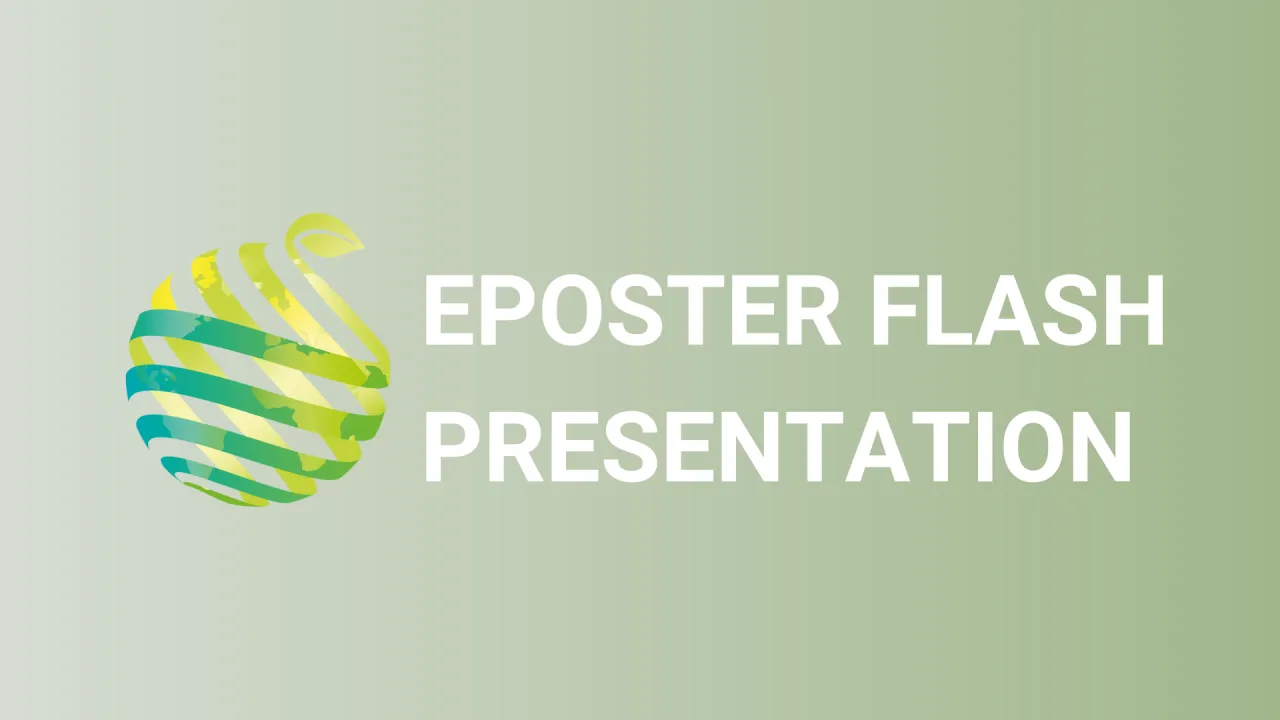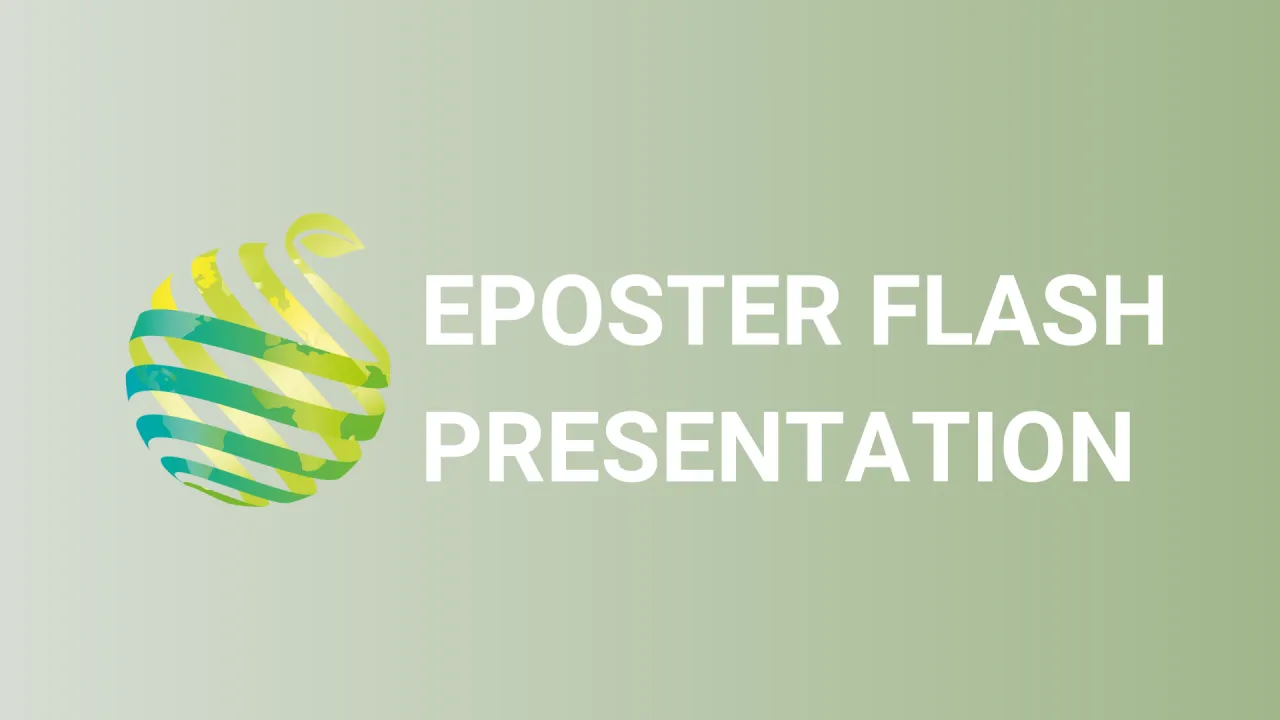

S11 - Session P5 - The effects of plant growth-promoting bacteria on the physiological properties, nutrition contents and growth performance in lettuce under heat-stress conditions
Information
Authors : Hyungmin Rho, Tsz-Hei Chan *, Hiran Ariyawansa
Climate change, especially global warming, is one of the global issues that are projected to threaten the sustainability of agriculture. Global warming refers to the increasing global air temperature due to excessive greenhouse gas emissions by intensive human activities after the industrial revolution around the world. To alleviate the impacts of global warming on horticultural crop production, especially cool-season leafy vegetable lettuce ( Lactuca sativa L.), the use of plant-growth-promoting bacteria (PGPB) was suggested. This study aims to investigate the effects of selected PGPB on lettuce growth performance under heat-stress conditions. These bacteria have been isolated from field-grown Welsh onion survived under unusual heat waves in 2020 in Hualien county. Their symbiotic potential has been characterized and identified successfully in ongoing studies. Based on the in vitro plant growth-promoting potential evaluation, the top five bacteria were selected and mixed to be an inoculum for inoculations on lettuce in an experiment set in temperature-controlled greenhouses. There are four treatments to examine the effects of the selected PGPB on the plant performance under heat-stress conditions and PGPB inoculation: (1) non-inoculated controls without heat stress, (2) non-inoculated controls with heat stress, (3) PGPB inoculated without heat stress, (4) PGPB inoculated with heat stress. Physiological traits, and nutrient compositions of the plants and soils were measured at harvest, along with growth, development, and yield component analyses. The plants under heat stress conditions showed the worst growth performance, while the plants with PGPB inoculation resulted in better plant growth performance even under heat-stress conditions as the uptake of nutrients were facilitated by the symbionts. In conclusion, current study suggests that PGPB application on crop productions could be an alternative method of using chemical fertilizer in agriculture with increasing temperature in the future.